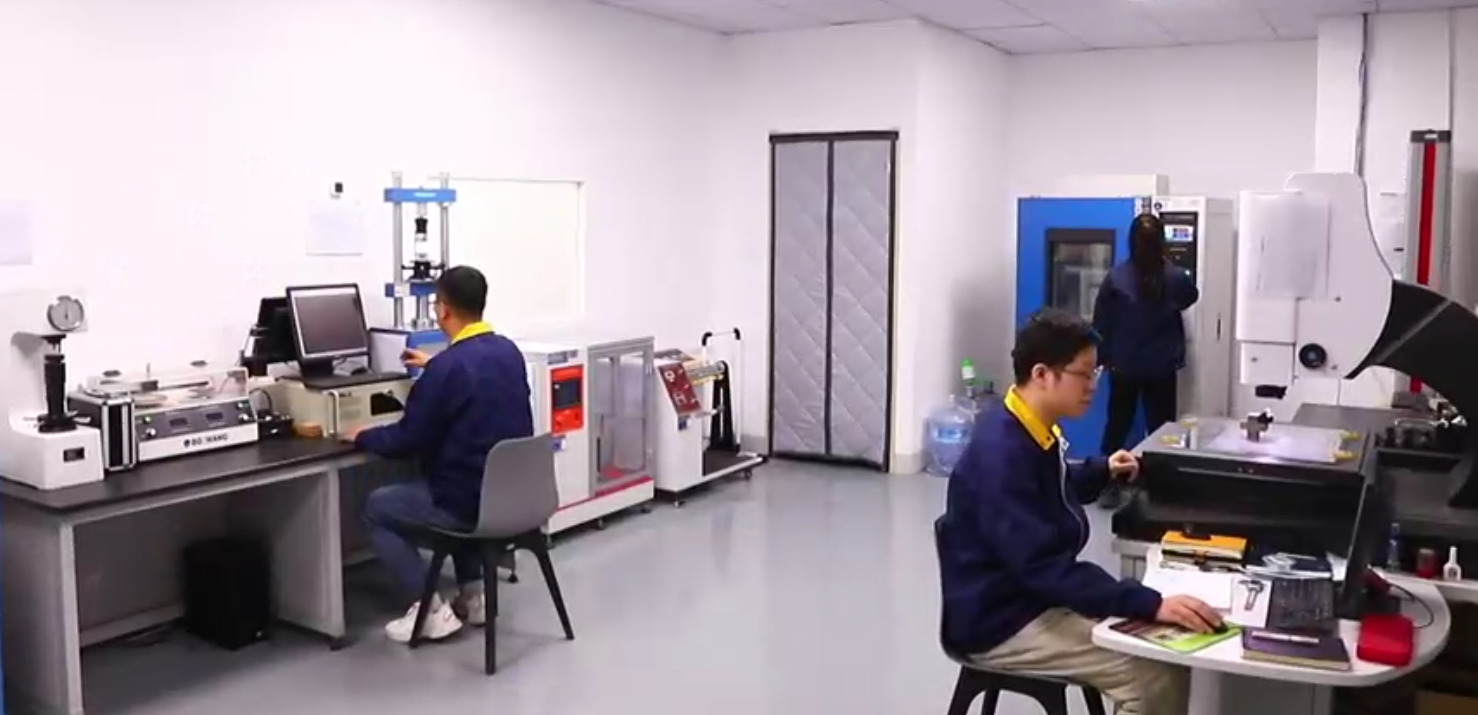.png)

.png)


.png)
.png)
.png)
.png)

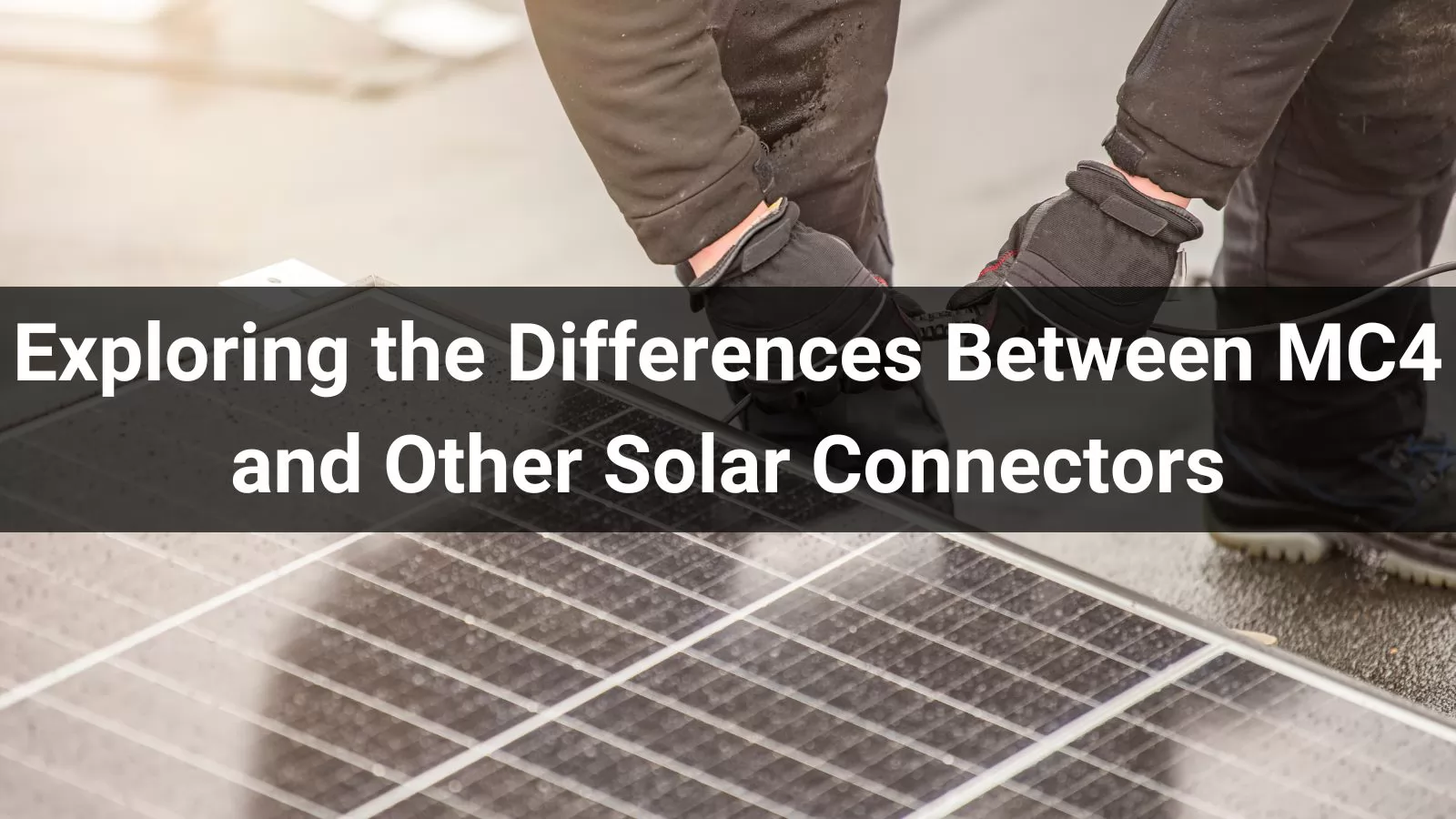
Solar connectors are the critical links that ensure photovoltaic (PV) systems operate efficiently, safely, and reliably. A mismatch or poor-quality connector can lead to power loss, electrical arcing, or costly repairs. Among the options, MC4 connectors have become the industry standard, but how do they differ from alternatives like MC3, Amphenol H4, Tyco Solarlok, or SMK? At Handa Power Technology, with over 13 years of expertise in solar connector manufacturing, we’ve crafted this guide to dive deep into these differences, spotlighting why our IP68-rated MC4 connectors stand out for solar projects worldwide.
Introduced in 2004 by Multi-Contact (now Stäubli), MC4 connectors—named for their 4mm contact pins—are the cornerstone of modern solar systems. Key features include a positive locking mechanism (requiring a tool to disconnect), support for up to 1500V DC and 55A, and standard IP67 weatherproofing. Handa Power’s Solar DC Connector enhances this with IP68 protection, offering superior durability in harsh conditions. With over 90% market adoption (Wikipedia: MC4 Connector), MC4 is the go-to choice for its reliability and compatibility.
Beyond MC4, several connector types have emerged, each with distinct traits:
MC3: An older design with 3mm pins, no locking mechanism, and lower capacity.
Amphenol H4: A modern alternative, often MC4-compatible, with similar specs.
Tyco Solarlok: A proprietary option with unique locking but limited adoption.
SMK: A Japanese design for specific applications, less common globally.
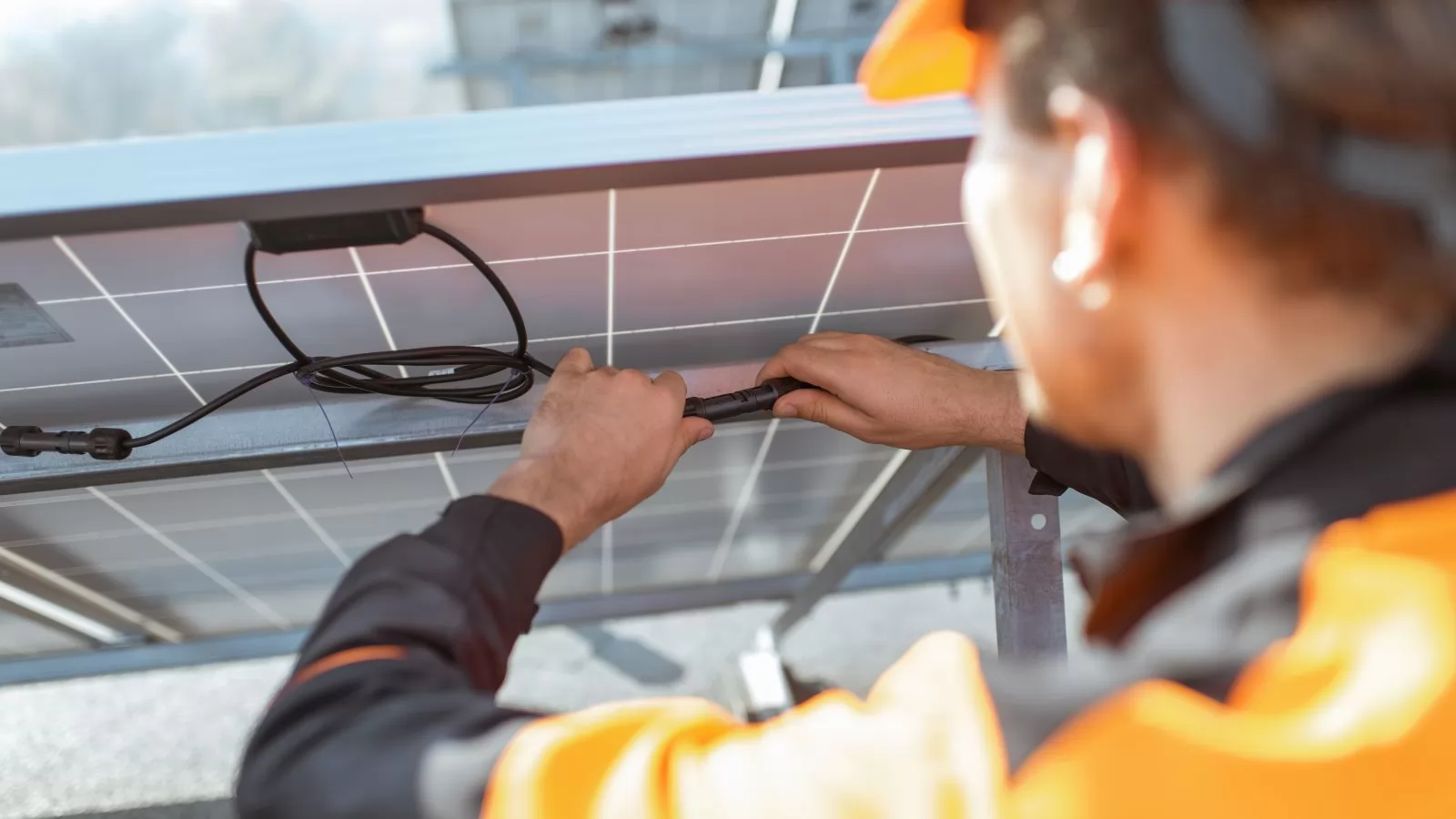
The differences between MC4 and other connectors are pivotal to understanding their suitability. Below, we break this down in detail, focusing on design, performance, and practical implications.
MC3, the predecessor to MC4, was once common but has been largely phased out. Here’s a detailed comparison:
| Feature | MC3 Connector | MC4 Connector (Handa Power) | Key Difference |
|---|---|---|---|
| Contact Pin Size | 3mm | 4mm | MC4’s larger pins handle higher currents with less resistance. |
| Locking Mechanism | None or push-pull | Positive locking, tool-required | MC3 risks accidental disconnection; MC4 meets NEC safety standards. |
| Voltage Rating | Up to 600V DC | Up to 1500V DC | MC4 supports modern high-voltage systems; MC3 is outdated. |
| Current Capacity | 20-30A | Up to 55A | MC4 doubles MC3’s capacity, reducing heat buildup. |
| Weatherproofing | IP65 or lower, corrosion-prone | IP68 (vs. standard IP67) | MC3 fails in wet conditions; MC4 thrives in floods or dust. |
| Durability | Shorter lifespan | 20+ years | MC4’s materials (e.g., PA66 nylon) outlast MC3’s weaker build. |
| Market Status | Obsolete | Industry standard | MC3 is rare; MC4 dominates globally. |
Practical Impact: MC3’s lack of locking and lower specs make it a safety risk in today’s high-power systems. For example, a loose MC3 connection could arc, damaging panels, while MC4’s secure lock prevents this. Handa’s IP68 rating further ensures reliability in extreme climates, unlike MC3’s vulnerability to corrosion.
Amphenol H4 connectors are designed to rival MC4 and are often interchangeable. Here’s how they compare:
| Feature | Amphenol H4 | MC4 Connector (Handa Power) | Key Difference |
|---|---|---|---|
| Contact Design | 4mm, similar to MC4 | 4mm, pure red copper | Handa’s copper enhances conductivity over H4’s alloy options. |
| Locking Mechanism | Positive locking | Positive locking | Both are secure, but Handa’s tool precision stands out. |
| Voltage & Current | 1500V DC, 50A+ | 1500V DC, 55A | Nearly identical, though MC4’s edge in current is notable. |
| Weatherproofing | IP68 | IP68 | Equal protection, but Handa’s testing rigor adds confidence. |
| Compatibility | MC4-compatible | Broadly compatible | Both work, but mixing brands risks slight fit issues. |
Practical Impact: While H4 and MC4 are close cousins, Handa’s MC4 connectors use premium materials (e.g., red copper vs. H4’s potential alloys) for better long-term performance. Mixing H4 and MC4 can work but risks minor connection inconsistencies—sticking to Handa’s MC4 ensures uniformity.
Tyco Solarlok and SMK connectors cater to specific needs but lag behind MC4:
| Feature | Tyco Solarlok | SMK | MC4 (Handa Power) |
|---|---|---|---|
| Locking | Latch, manual release | Push-pull | Tool-required lock |
| Capacity | 1500V, 40A | 1000V, 30A | 1500V, 55A |
| Weatherproofing | IP68 | IP67 | IP68 |
| Adoption | Limited | Niche | 90%+ market share |
Practical Impact: Tyco’s latch is less secure than MC4’s tool-required lock, risking disconnection under vibration. SMK’s lower capacity and IP67 rating falter in high-power or wet environments. MC4’s universal adoption means easier sourcing and support—Handa’s version adds a durability edge.
These distinctions impact safety, efficiency, and cost. MC4’s locking prevents arcing (a fire hazard with MC3 or SMK), while its higher capacity reduces heat loss compared to Tyco or SMK. Handa’s IP68 rating outperforms all in extreme weather, cutting maintenance needs by up to 20%, per Solar Power World.
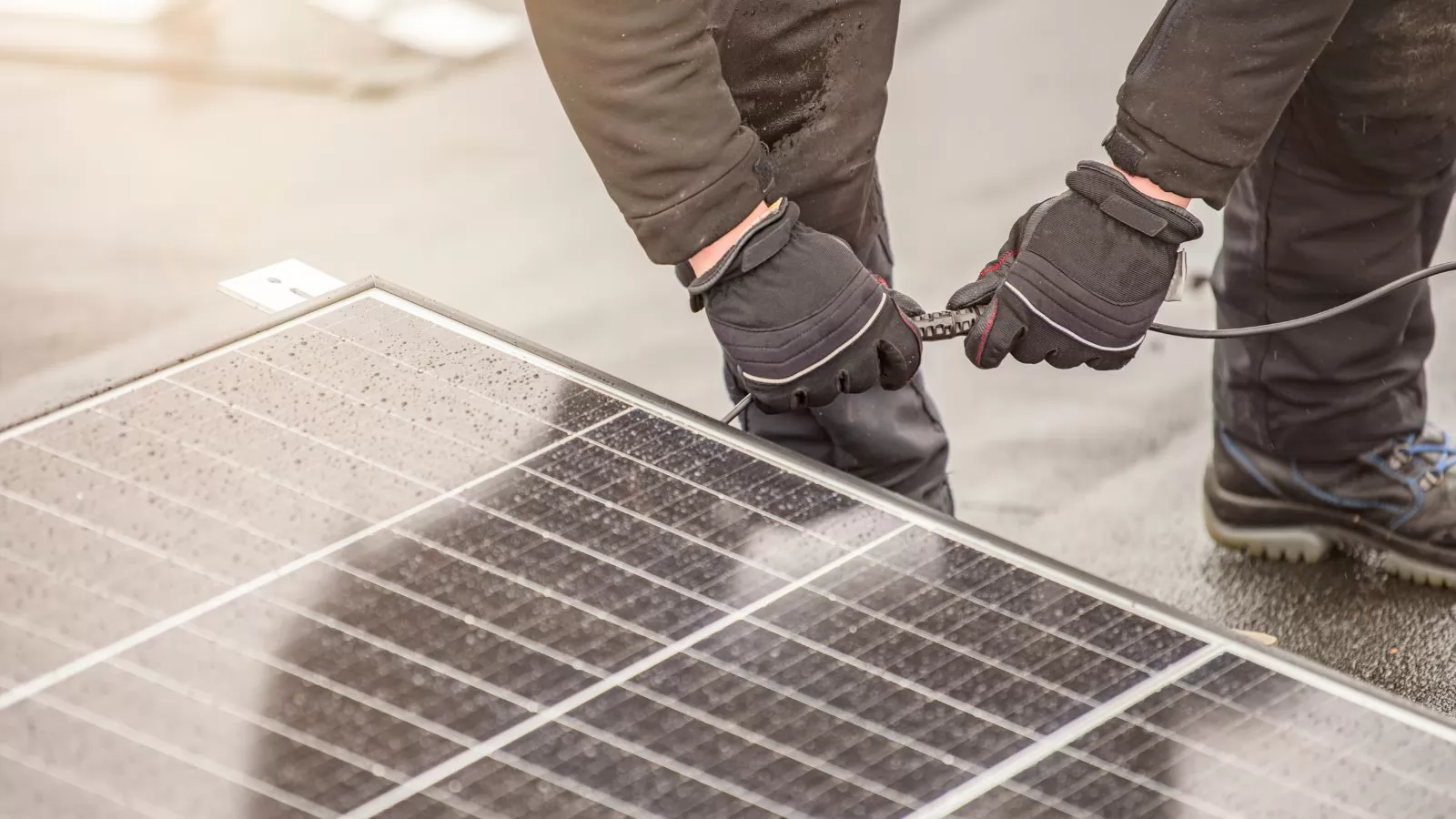
Handa Power’s MC4 connectors, like the Solar DC Connector, elevate the standard:
IP68 Protection: Outshines standard IP67 MC4s, perfect for floods, dust storms, or coastal climates.
Premium Materials: Pure red copper pins and PA66 nylon (UL94-V0) resist UV, salt, and extreme temperatures.
Wide Compatibility: Integrates with major solar systems, as noted on our About Us page.
Certified Excellence: TUV, CE, and ISO approvals guarantee quality.
With 13 years of manufacturing expertise and participation in events like Smarter E Europe 2025 (Learn More), Handa Power is a trusted name in solar solutions.
A 1MW PV farm in a humid, salty coastal region used Handa’s Solar DC Connectors. After three years of storms, zero failures were reported, thanks to IP68 protection.
An industrial rooftop in a dusty zone saw 15% less downtime with our MC4 connectors, proving their dustproof reliability.
Installer John D. shared: “Handa’s MC4 connectors have lasted five years in rainy climates with no issues—a game-changer for my clients.”
Maximize performance with these steps:
Check Compatibility: Ensure connectors match your system (e.g., 4mm² or 6mm² cables).
Inspect Parts: Look for damage to pins or seals before connecting.
Connect Securely: Push until you hear a click, confirming the lock.
Disconnect Safely: Use an MC4 tool to avoid damage.
Maintain Annually: Clean and check for wear, though IP68 reduces upkeep.
See it in action on our YouTube channel.
Loose Connection: Tighten and test with a multimeter.
Water Ingress: Replace damaged seals (contact us for spares).
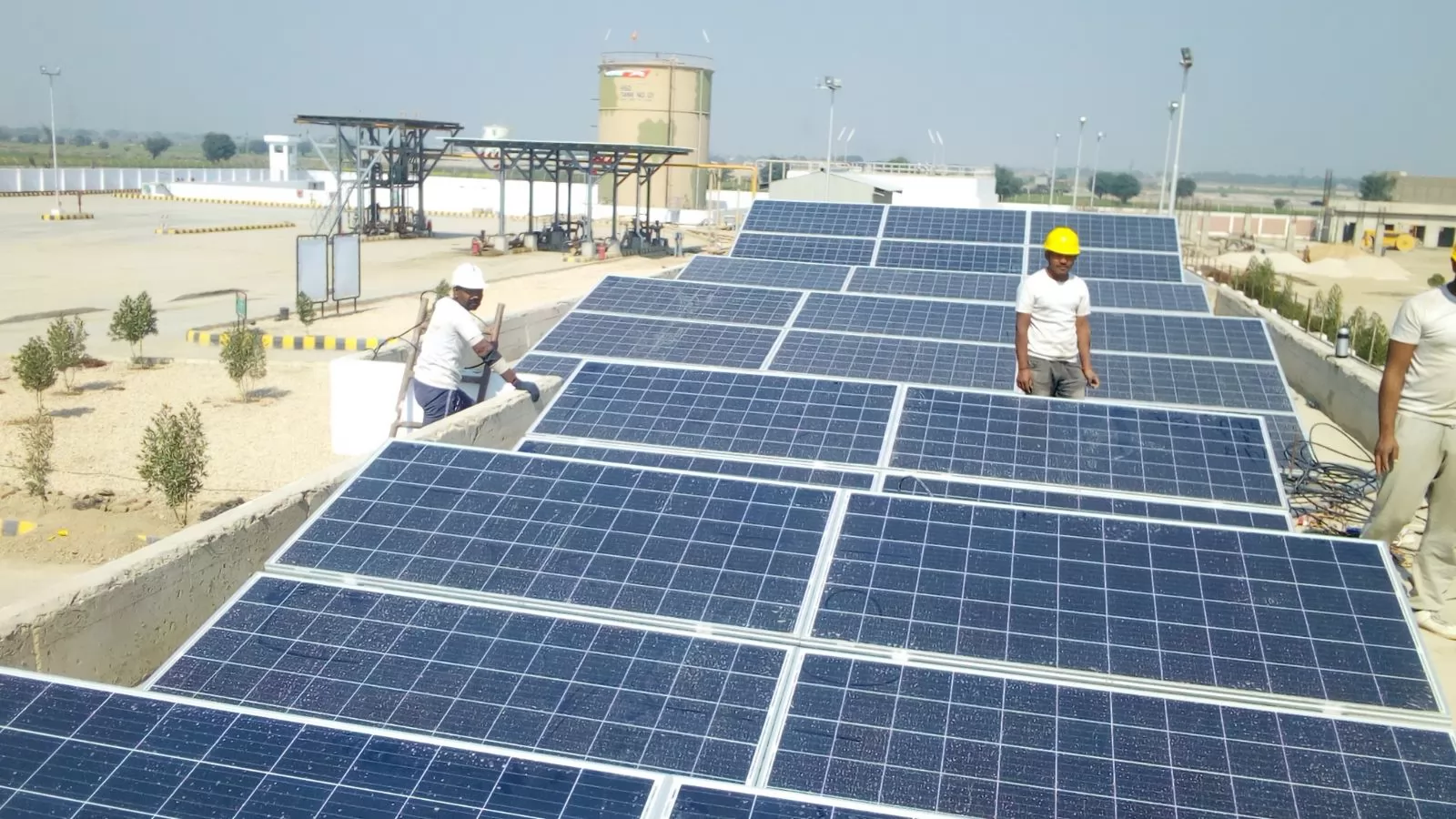
Handa’s MC4 connectors meet all criteria, offering a future-proof solution.
Our IP68 rating, proven performance, and customization options make Handa the smart choice.
MC4 connectors lead the solar industry with their safety, capacity, and versatility, far surpassing MC3 and niche alternatives. Handa Power’s IP68-rated MC4 connectors take this further, delivering unmatched durability for any environment. From coastal farms to dusty rooftops, our Solar DC Connectors ensure your system thrives. Ready to connect with confidence? Let’s power a sustainable tomorrow together.
Discover this amazing content and share it with your network!
